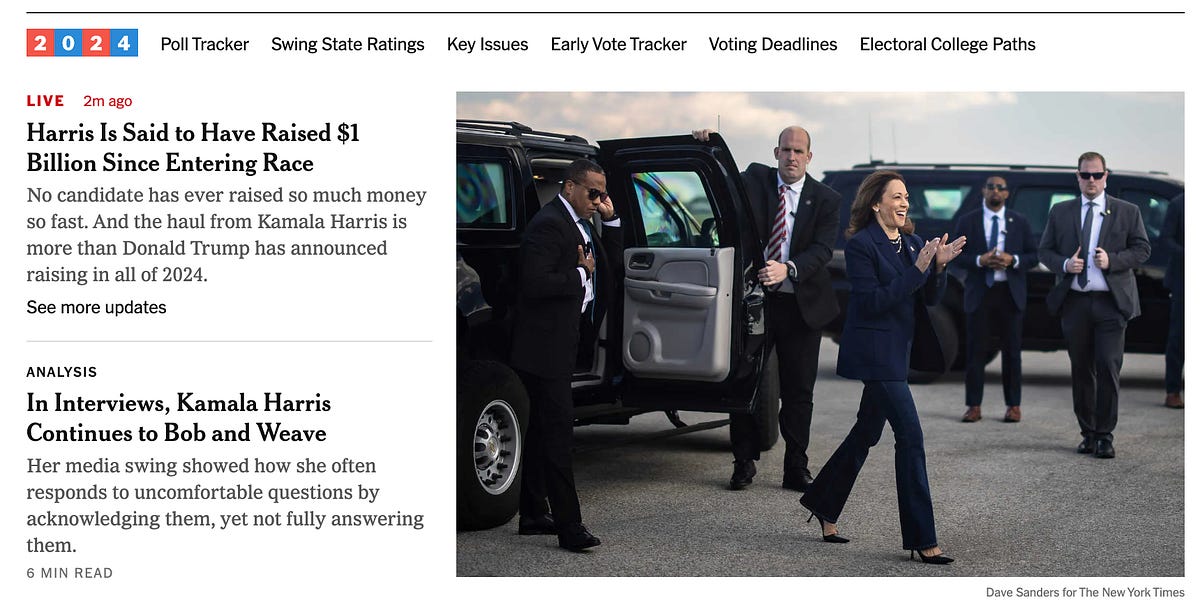Jenny Harrington, CEO at Gilman Hill Asset Management, is selling shares of Chevron and snapping up shares of Pioneer Natural Resources as part of her strategy focusing on dividend yields. Harrington said on CNBC’s ” Halftime Report ” that although Chevron has been improving its performance, its dividend yield has declined below her portfolio’s dividend income yield target of 5% or greater. The energy stock is paying a 3.6% dividend yield, while Pioneer has a yield of 11.8%, according to FactSet. The investor began winding down the position about a year ago, initially buying Pioneer shares instead of Chevron for new accounts that are using her firm’s dividend income strategy. Toward the end of last year, she sold Chevron holdings that were sitting in tax-free accounts and individual retirement accounts. The move allowed those investors to capture a sizeable gain — as shares of Chevron rose nearly 53% in 2022 — without a capital gains tax hit. The proceeds from the sale were redeployed into Pioneer, she said. Harrington sold Chevron shares in taxable accounts at the start of 2023, giving her the remainder of the year to offset those capital gains. She is in the process of replacing those positions with Pioneer. “This is not, to me, a statement on the energy market overall,” Harrington said. “It’s a statement on maintaining the dividend yield of the portfolio. So, I’ve swapped a 3% yield for an 11% yield.” Harrington added that despite Pioneer having a variable yield, with current oil prices and how the company has been paying out its dividends, she is comfortable with her trade. Joe Terranova, senior managing director for Virtus Investment Partners, who stated that he personally owns Pioneer shares, praised Harrington’s tactic. “That’s a great strategy,” he said. “That’s exactly what investors should be considering right now.” Natural gas and energy prices have fallen this year from their 2022 highs. Terranova noted that investors overall are “overweight” on energy, and that the current price decline may not be reversed unless there is a supply shock. Harrington disagreed with Terranova’s assessment, saying that prices “could sit here for the rest of the year and these companies will mint cash.” “They’ve got capital discipline—they’ve got cash flow pouring in—and they’re paying it out,” she said.
























































![Key Metrics for Social Media Marketing [Infographic] Key Metrics for Social Media Marketing [Infographic]](https://www.socialmediatoday.com/imgproxy/nP1lliSbrTbUmhFV6RdAz9qJZFvsstq3IG6orLUMMls/g:ce/rs:fit:770:435/bG9jYWw6Ly8vZGl2ZWltYWdlL3NvY2lhbF9tZWRpYV9yb2lfaW5vZ3JhcGhpYzIucG5n.webp)
















